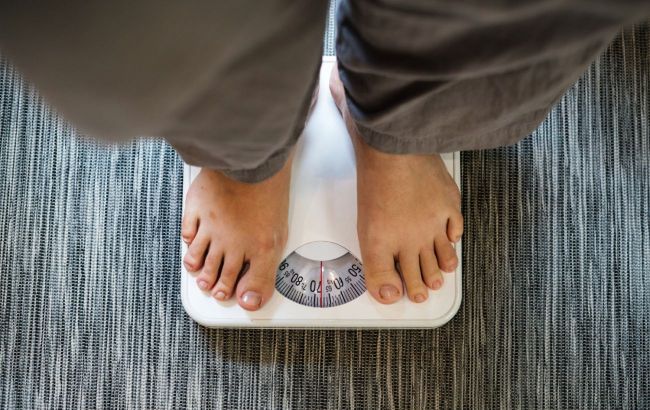These morning habits leading to weight gain: Get rid of them!
 Habits that lead to weight gain (photo: Freepik)
Habits that lead to weight gain (photo: Freepik)
Some morning habits can undermine your efforts to lose weight. It's important to know which habits to avoid to achieve your desired weight loss. Eat This, Not That! reveals the list of habits to get rid of immediately.
Skipping breakfast slows metabolism
Dietitian Trista Best explained that skipping breakfast is often tempting, especially if you're trying to cut calories or are in a hurry. But skipping this meal can have unexpected consequences for your metabolism and hunger.
Skipping breakfast can affect metabolism and hunger by disrupting blood sugar regulation and increasing cravings later in the day. Without a morning meal, the body may experience lower energy levels and a slower metabolic rate, since eating stimulates thermogenesis (calorie burning).
Studies show that when you skip breakfast, the body goes into a fasting state, which can lower blood sugar levels and cause an increase in hunger hormones such as ghrelin.
This often leads to overeating later in the day as the body tries to compensate for the missed calories. A protein-rich breakfast can help stabilize blood sugar levels, support metabolism, and prevent excessive hunger throughout the day.
Sugary breakfast foods cause blood sugar spikes
Processed cereals, pastries, and sugary coffee drinks can cause spikes and crashes in blood sugar, leading to cravings and hunger pangs.
High consumption of sugary foods and drinks can be a factor that contributes to poor sleep and weight gain. When you consume high-sugar foods, the body experiences a spike in blood sugar, followed by a rapid drop, which triggers hunger and low energy.
Instead, eat whole foods rich in protein, healthy fats, and fiber.
The dietitian suggests having eggs with vegetables, Greek yogurt with nuts, or a smoothie with protein and fiber for breakfast to stabilize blood sugar levels and maintain steady energy. This also helps prevent overeating and the potential weight gain that can happen when blood sugar levels fluctuate throughout the day.
Drinking coffee on an empty stomach can trigger cravings
Many people start their morning with a cup of coffee, but drinking it on an empty stomach may not be the best choice for weight control. If you're a coffee lover, try having your morning drink and a protein-rich breakfast to stabilize blood sugar and reduce cravings.
Drinking coffee on an empty stomach can increase cortisol levels, which may lead to heightened cravings, blood sugar imbalances, and potential fat accumulation over time. While caffeine can temporarily suppress appetite, it may also interfere with the body’s natural hunger signals and result in overeating later in the day.
Dehydration increases appetite and slows metabolism
Starting the day with a big glass of water is a fantastic way to kickstart your metabolism. Dehydration is often mistaken for hunger.
When dehydrated, the body may interpret signals as hunger, prompting you to eat more than necessary.
Stress leads to belly fat
Waking up stressed or rushing somewhere can raise cortisol levels, which are associated with weight gain, especially around the belly.
High morning stress, particularly from rushing or poor sleep, can elevate cortisol levels, which is linked to belly fat gain and cravings for unhealthy food.
Mindless eating and snacking add extra calories
Many people snack in the morning while distracted, such as checking email or scrolling on their phone.
Mindless eating can lead to overeating and excessive calorie intake without even realizing it. To avoid this, try to be more mindful about your meals and snacks in the morning.
When you sit down to eat, focus on your food and enjoy it. Eating slowly and paying attention to hunger cues can help prevent overeating and support weight maintenance.
You may be interested in:
This material is for informational purposes only and should not be used for medical diagnosis or self-treatment. Our goal is to provide readers with accurate information about symptoms, causes, and methods of detecting diseases. RBС-Ukraine is not responsible for any diagnoses that readers may make based on materials from the resource. We do not recommend self-treatment and advise consulting a doctor in case of any health concerns.

